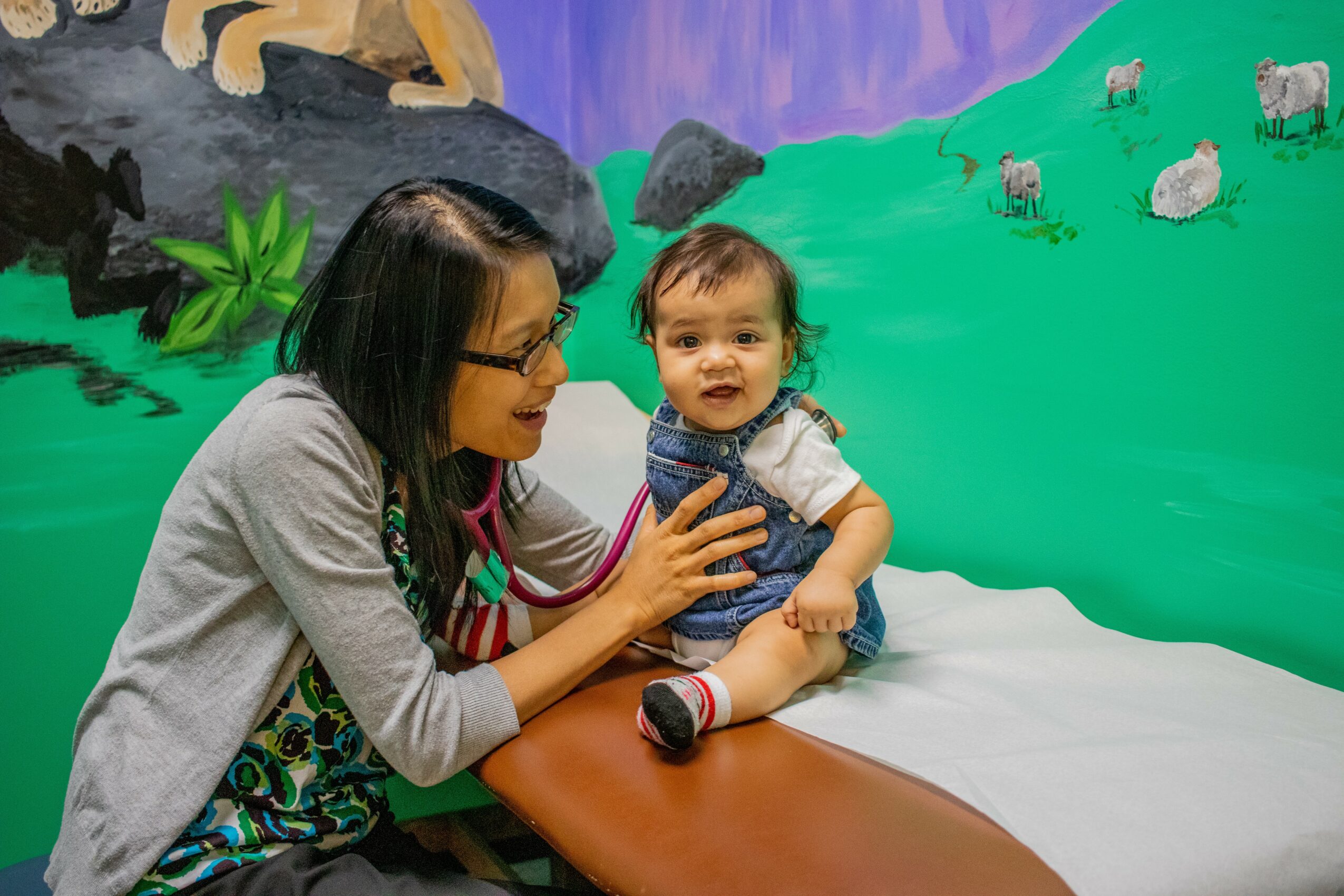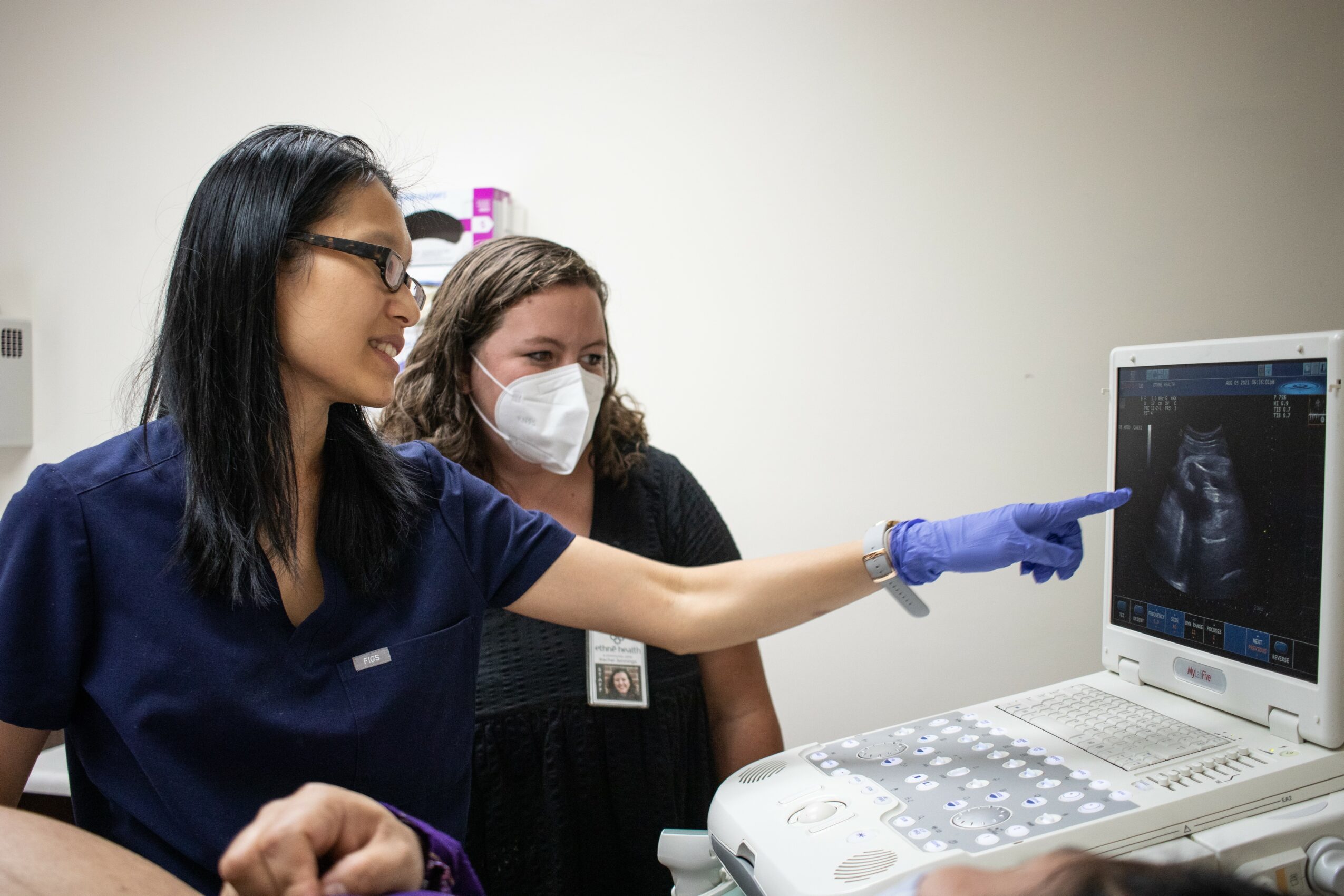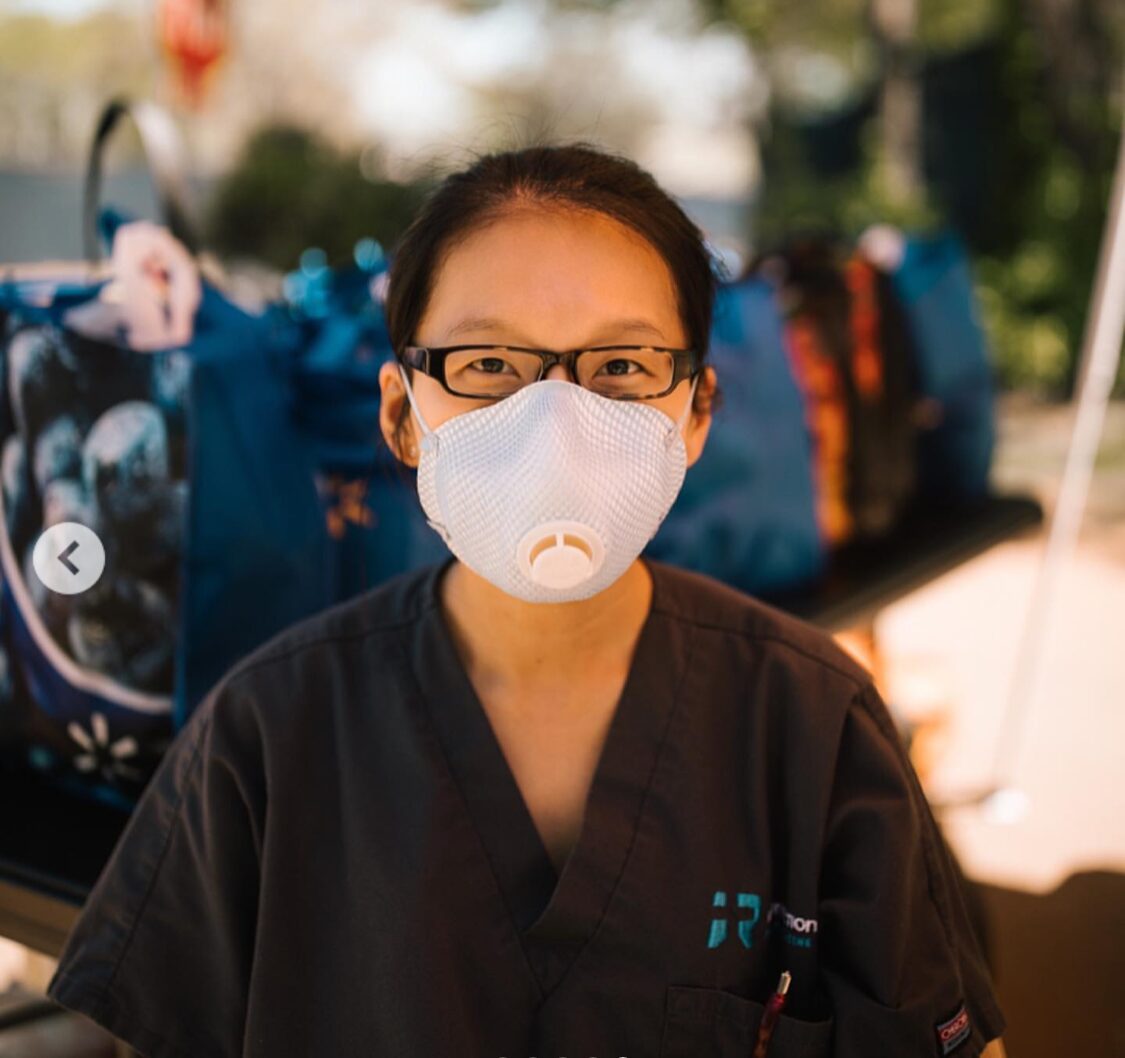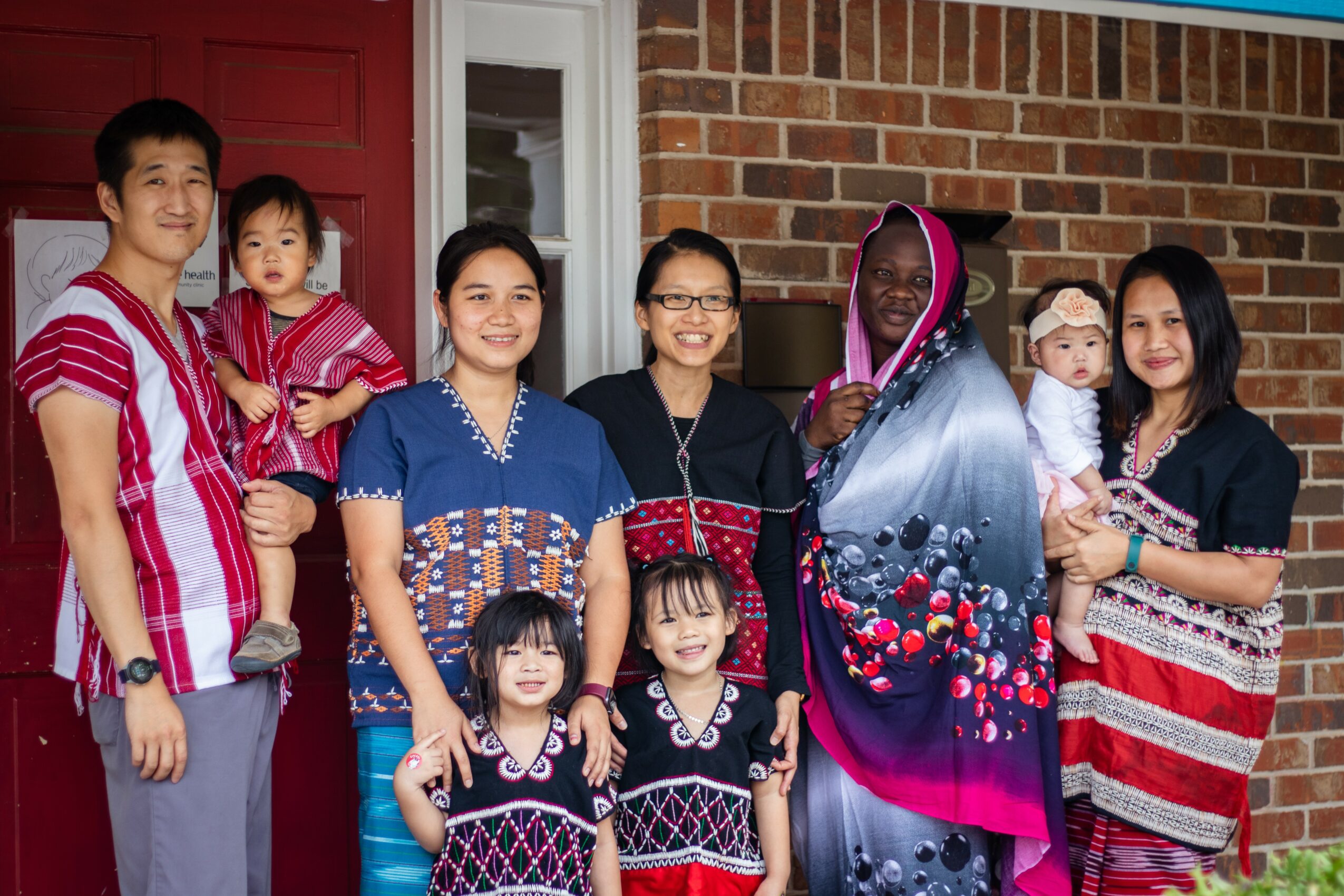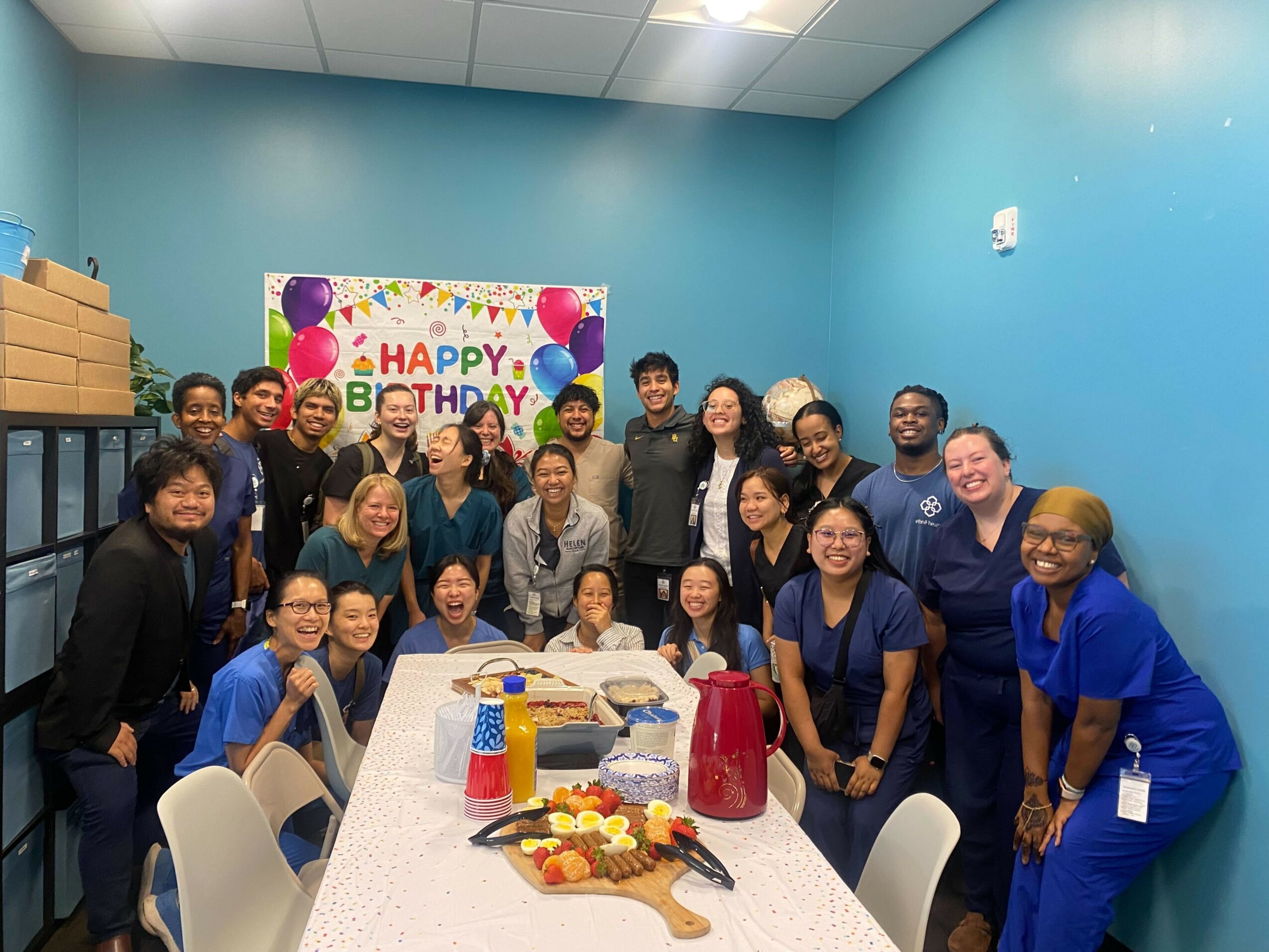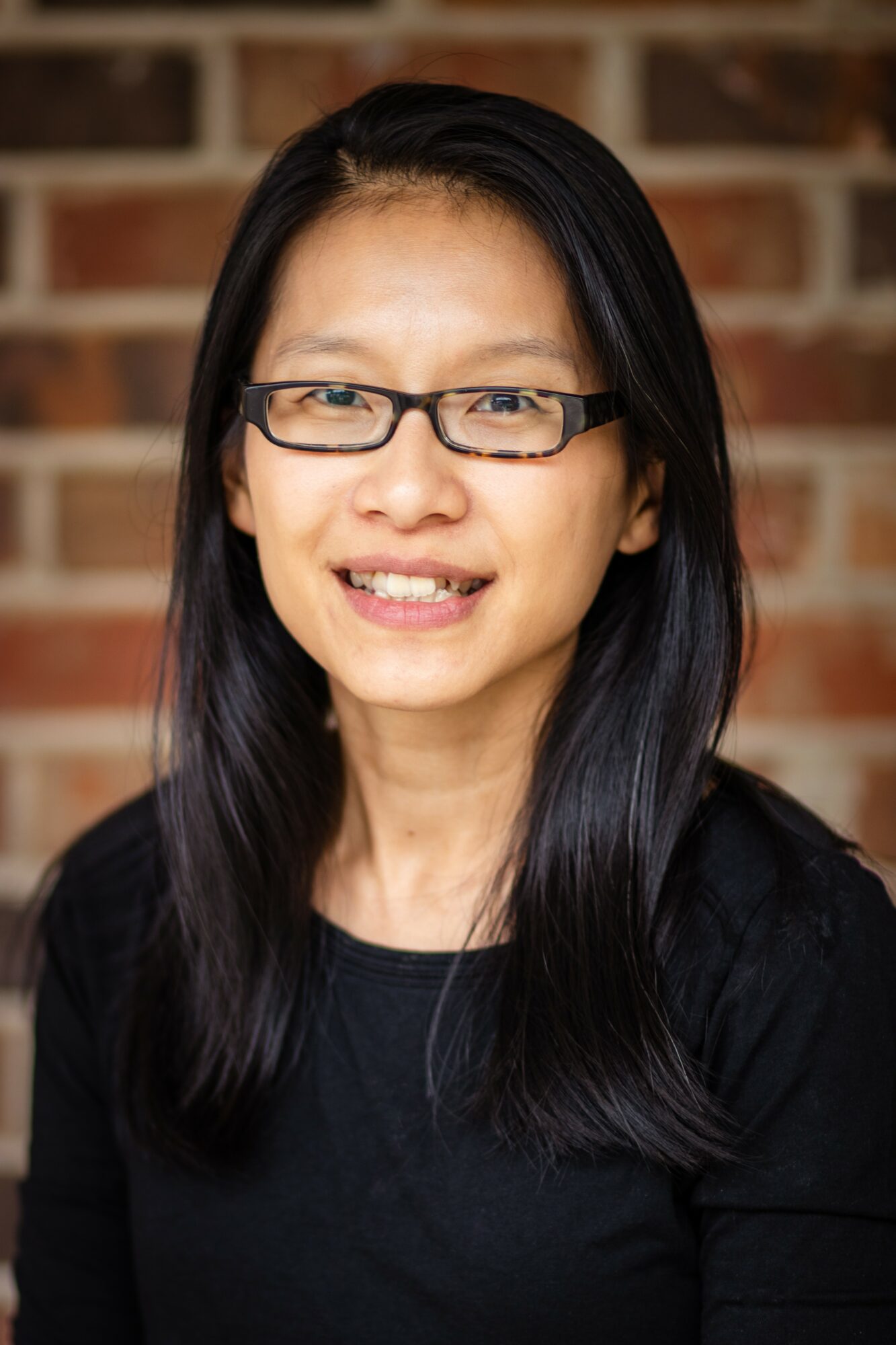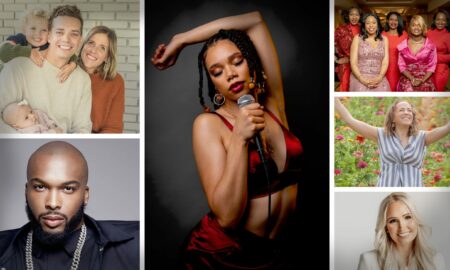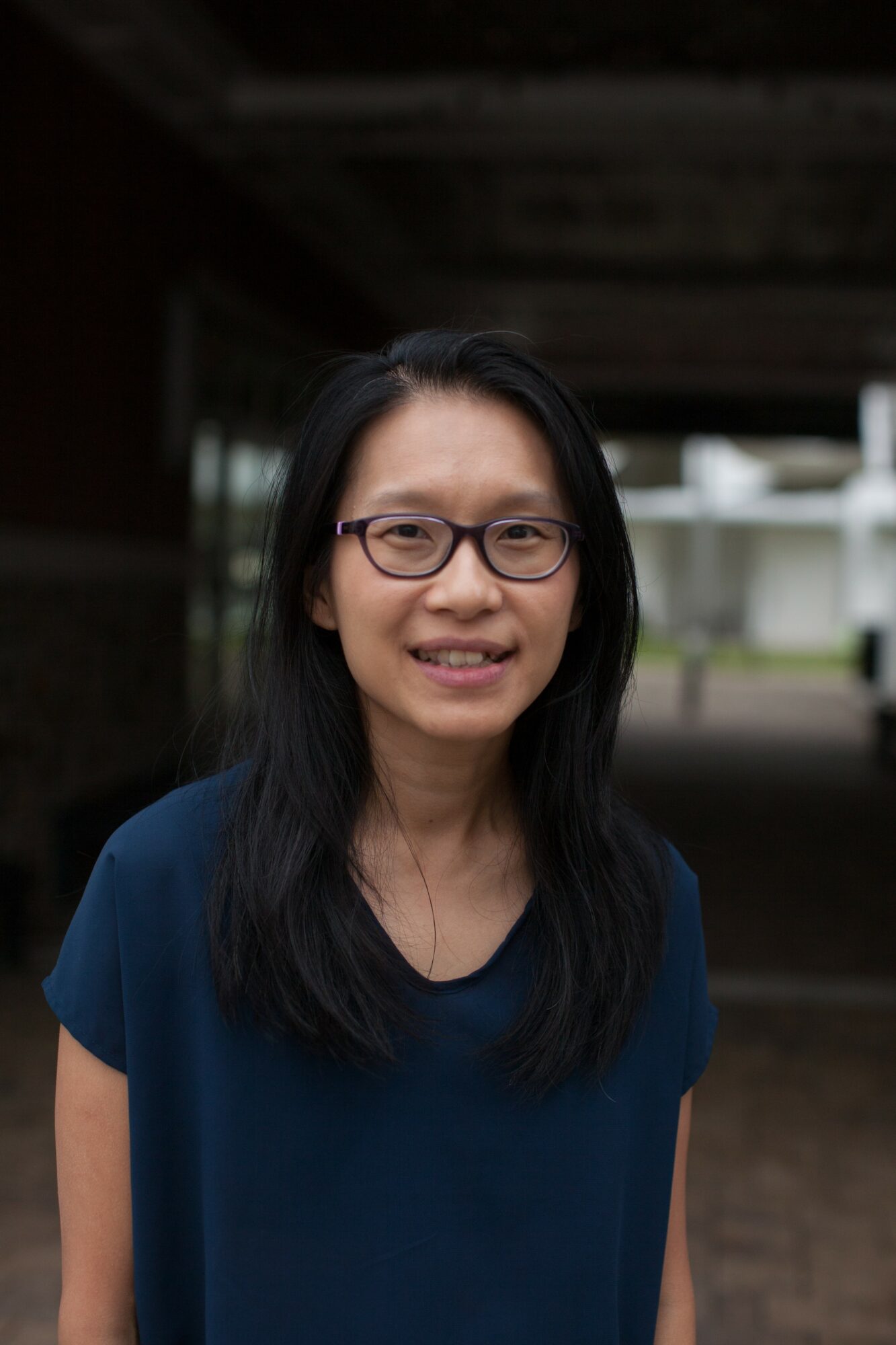

Today we’d like to introduce you to Esther Kim
Hi Esther, we’d love for you to start by introducing yourself.
I am continually amazed by the journey that has brought me to where I am today. Growing up in a small town in Malaysia, I was surrounded by the warmth of extended family. Despite many of my family members not pursuing education beyond college, I held onto an unwavering desire to become a doctor. My father often shares a memory of five-year-old me proudly declaring to anyone who would listen that I was going to be a doctor one day. At that time, no one in our family had ever graduated from college, yet he encouraged my dreams, letting my imagination soar.
However, life took a profound turn in March 1997 when my mom passed away with cancer. Her illness forced my brother and me to live with various family members as we navigated the tumultuous emotions of loss and change. We relocated three times over a year and a half, and each transition was a challenge. Ultimately, on December 8, 1999, our family made the life-changing decision to immigrate to the United States.
Arriving in Texas, I was thrust into a new world—one filled with unfamiliar sights, sounds, and a language I was still learning to grasp. Yet, amid the challenges, my dream of becoming a doctor remained. I faced moments of doubt, especially when my grades didn’t reflect my aspirations as I navigated a new school in a still foreign language. But through a series of incredible mentors and the unwavering support of those around me, I made it to and graduated from college and successfully completed medical school and residency.
It was during my residency in Memphis, Tennessee that I encountered a transformative group of physicians and community advocates who lived intentionally in underserved neighborhoods. They weren’t just doctors; they were neighbors, deeply committed to improving access to education and healthcare. This experience opened my eyes to the intersection of healthcare and social justice, and it ignited a passion within me to advocate for my community.
My husband and I felt a calling to do more than just pursue another job in the healthcare field. We embarked on a bold venture to establish a clinic in Clarkston, Georgia, a place that would enrich our lives in ways we could never have imagined. Living among friends from diverse backgrounds, we share cuisines and stories, finding common ground as we navigate life in the U.S. together. I have witnessed firsthand the injustices many face, and it has deepened my commitment to advocacy.
As Bryan Stevenson once said, “You can’t understand the most important things from a distance. You have to get close.” Living in the community I serve has been transformative. My neighbors see me not just as a doctor but as a friend—someone who understands their struggles and celebrates their triumphs. I have the privilege of being their neighbor, and they know they can rely on me. Together, we exchange ideas, share what works, and support one another through life’s challenges.
This journey has taught me that true healthcare extends beyond the clinic; it’s about community, connection, and compassion. I am proud to be part of a movement that not only cares for individuals but empowers them to advocate for themselves and their families. As I reflect on my path, I am filled with gratitude for the experiences that have shaped me and the community that inspires me every day.
Alright, so let’s dig a little deeper into the story – has it been an easy path overall and if not, what were the challenges you’ve had to overcome?
Hope is a powerful force that shapes our lives in ways we often don’t fully understand until much later. I still remember the day when I was just nine years old and my world was turned upside down by my mom’s cancer diagnosis. Watching her go through radiation therapy, surgery, and chemotherapy, I felt an overwhelming weight of fear and confusion. As a child, I didn’t realize the trauma I was absorbing. Then, losing her when I was age 10 is a pain that lingers, and yet, I felt I had to be strong—crying felt like a weakness. It took me years to learn that it’s okay to grieve, that vulnerability is a part of healing.
Though my mother wasn’t there to celebrate my graduation, to witness my wedding, or to hold my children, I’ve come to see her absence not just as a void but as a catalyst for growth. Her passing opened doors to new experiences and opportunities I might never have pursued otherwise. Just as a seed must break the ground to sprout, I’ve found that from loss can emerge hope.
Hope also instills bravery. When I moved to the United States at twelve, I faced the daunting challenge of navigating a new school, struggling with a language that was foreign. I remember the lunchroom, sitting with classmates from my ESL class. None of us spoke the same language, yet we forged a bond through our shared experiences. My dream of becoming a doctor fueled my determination to embrace every challenge, using my imperfect English as a stepping stone toward my goals.
In my pursuit of medicine, I often worried about the lack of support—I was the first in my family to tread this path, without a safety net of resources or connections. Reflecting on my journey since arriving in 1999, I see that many around me share similar stories of resilience. Many of my refugee neighbors have faced even greater obstacles in their own journeys, navigating language barriers and an unfamiliar culture while escaping often traumatic pasts. Our shared experiences have become the foundation of our camaraderie. The challenges I faced have turned into powerful connections with those I serve, and in this, I find a profound sense of belonging. Hope binds us together, reminding us that no matter how different our struggles may seem, we all seek light in the darkness.
The true essence of hope became even clearer to me during the beginning of the pandemic in March 2020. My community in Clarkston, Georgia, was especially vulnerable, with families packed into small apartments and facing the threat of COVID-19. As a clinic, we secured testing supplies and partnered with local organizations to provide free testing for our residents. I was ten weeks pregnant at the time—nauseous yet fueled by a sense of purpose.
Over two days, we tested more than 160 people, many of whom tested positive. In a time of anxiety, we offered not just tests but hope—providing doctors’ notes to help people keep their jobs and delivering food to those in need. In those moments, it became crystal clear: the work we were doing mattered deeply. Even amidst the fear and unpredictability of a pandemic, the hope we brought to our community was a beacon of light.
Hope is a universal thread that connects us all, giving us the strength to face our challenges and the courage to support one another. It reminds us that we are never truly alone. Through love, resilience, and community, we can overcome even the darkest of times.
Thanks for sharing that. So, maybe next you can tell us a bit more about your work?
As a family physician, my path has been profoundly shaped by the belief that healthcare should be a bridge to community, not just a service provided in isolation. My journey began with a pivotal experience in an underserved neighborhood in Memphis, Tennessee. Intrigued by a community of dedicated doctors and staff living intentionally in inner-city Memphis, I decided to spend a month rotation there during medical school. Immersing myself in this environment opened my eyes to the realities of life in a food desert, to the sound of gunshots echoing through the night, and to the heart-wrenching moments when neighbors faced eviction.
It was here that I discovered my calling. Witnessing the resilience of the community, I felt compelled to pursue Family Medicine, knowing that I wanted to serve those in need. My experiences taught me that while the medical profession often emphasizes avoiding risk, sometimes the greatest impact comes from taking a leap of faith for the greater good.
In 2014, inspired by this vision, three like-minded colleagues and I began to dream about our future after residency. We envisioned serving in another city, much like we had in Memphis, and so we embarked on a search for communities in need. Our journey took us to places like Baltimore and Oakland, but it was Clarkston, Georgia, that truly captured our hearts. We were struck by the incredible diversity of cultures and the glaring lack of access to quality healthcare.
In 2016, we took a bold step. We left our jobs in Memphis, moved to Clarkston, and began to live among our now neighbors, eager to learn about their lives and struggles. We visited local churches, schools, and community centers, discovering a deep longing for a medical home—a place where individuals could receive care that honored their stories and their backgrounds.
The statistics were alarming: the infant mortality rate in the area was twice the national average, with many adults dying younger due to a host of factors. This stark reality fueled our determination to establish Ethne Health in 2018, a community clinic dedicated to providing comprehensive, culturally sensitive care that advances Jesus’ love and justice.
Our mission is simple yet profound: we believe that everyone deserves to be treated with dignity and respect. In a complex healthcare system that often overlooks those who need it most, we strive to be a safe haven. Last year alone, we served patients in over 40 different languages, utilizing translation services to ensure everyone felt heard and understood. We don’t just address medical needs; we take the time to understand the social and spiritual dimensions of health as well.
Recognizing that health encompasses more than just medical care, we expanded our services to include dental care, ensuring that our patients have access to holistic support. But what truly sets us apart is our sense of community. We eat together, celebrate together, and share in each other’s sorrows. Many of our patients and staff come from war-torn countries, carrying burdens of trauma that affect their physical and mental health. Yet, despite these challenges, they embody resilience and strength, becoming vibrant members of our community.
On paper, I am a family physician, but in reality, I am part of a team dedicated to transforming the often sterile U.S. healthcare system into one that is warm, welcoming, and compassionate. I cherish the moments spent in my patients’ homes, hearing their stories and sharing meals. This connection deepens our understanding and reinforces the idea that we are not just caregivers—we are neighbors, dedicated to uplifting one another.
Every day, I am reminded of the power of hope and healing, and I am profoundly grateful to serve not just individuals, but families—both inside our clinic and beyond. Together, we are not just providing healthcare; we are building a community where everyone can thrive.
We’d love to hear about any fond memories you have from when you were growing up?
One of my favorite childhood memories is the nights spent at the Pasar Malam with my family and cousins. These night markets were a weekly tradition, transforming certain neighborhoods into a feast for the senses. The moment we arrived, the aroma of sizzling satays and sweet pastries Kuih welcomed us, drawing us closer to the market. I can still picture the colorful stalls, each one bursting with life, where familiar vendors greeted us with smiles and the scent of their delicious creations wafted through the evening air. My cousins and I would race ahead, darting from stall to stall, each one a new adventure. I remember the thrill of holding a freshly made roti in my hands, sharing our snacks and stories, each bite accompanied by laughter and the joy of simply being together. Those nights at the Pasar Malam were more than just about food; they were about family, laughter, and the simple joy of being together.
Contact Info:
- Website: https://www.ethnehealth.org
- Instagram: https://www.instagram.com/ethnehealth/
- Facebook: https://www.facebook.com/ethnehealth
